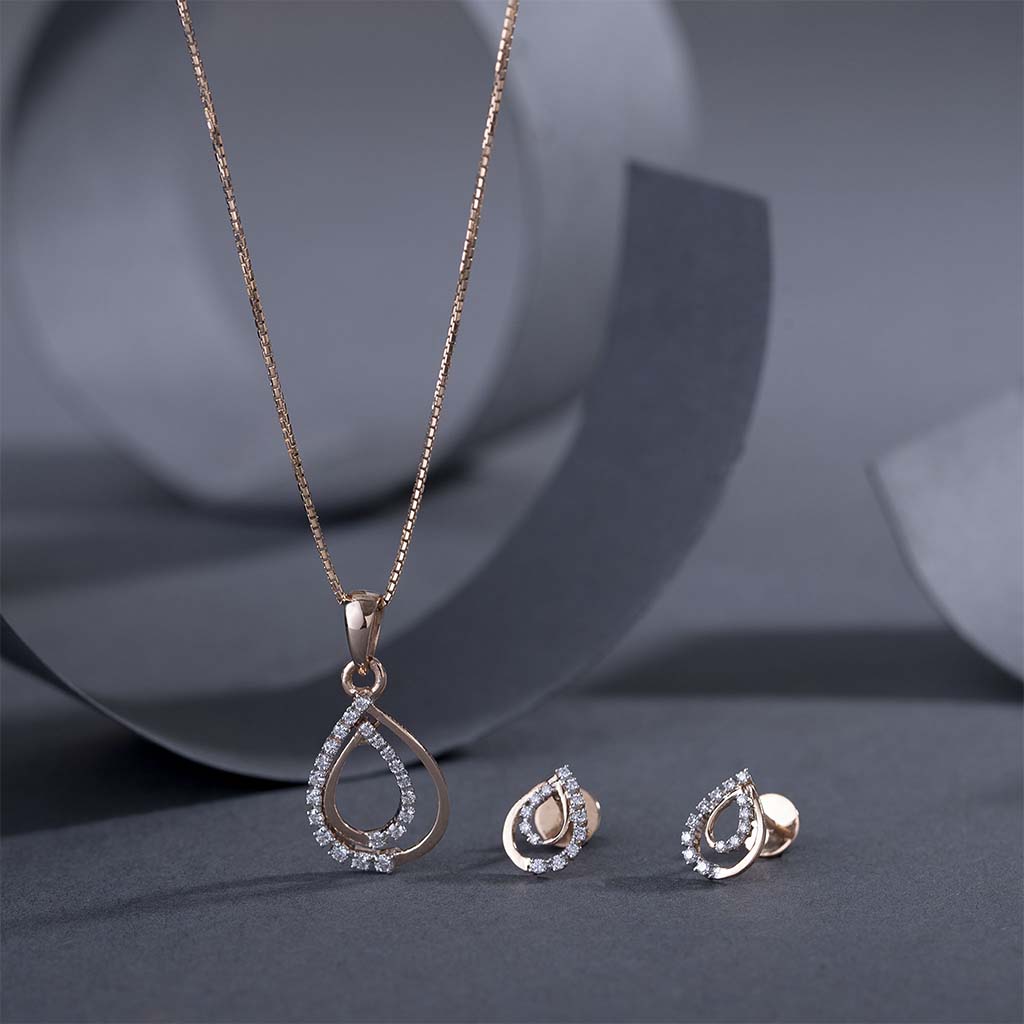Introduction
If you’ve read any of our pieces before, you’ll know that we are avid advocates for reputation management and the power of online reviews for local businesses. Today, we not here beat that particular horse, but we are going to take a deeper look into how gender can play a role in consumers’ behaviors around online reviews. In a recent study, BrightLocal, released its annual Local Consumer Review Survey, in which they polled a representative sample of 1,000 consumers on how they use online reviews. They have been doing this for a while now, and it always gathers a lot of awareness and annotation, but for the first time they have analyzed the age and gender splits in the answers to the survey questions. Before we move forward, we would just like to assert our belief that gender exists on a range, but for this study, they grouped those who identified themselves as male or female in their survey responses. So, without further ado, let’s get to the results!
The Results
Going into this study, there were no preconceived notions about how different genders might use online reviews, but what was discovered were some very marked differences in behaviors. To start with, while an analogous percentage of men and women said they “regularly” read reviews for online businesses, there is a large gap between the men and women who “always” read online reviews for businesses. As a group, 37% of men said they always read online reviews for businesses, but a moderately small number of women (15% ) do the same, preferring instead to “occasionally” read online reviews. This means that if your client base is slanted to the male side, it’s imperative that you dedicate time and effort into securing high-scoring reviews from them. Star rating is not the only thing to focus on, though, as the original survey reported that a huge 40% of consumers do not pay attention to reviews over two weeks old. While it is not our place to offer speculation based on stereotypes, it is conceivable that the nature of goods and services obtained from local businesses by men, and their insolence towards shopping, affects how seriously they take a business’ standing. On the other hand, the survey proposes that women don’t seem to be quite as exhaustive in their research, to some degree that’s theoretically obstructed by the age-old “impulse buy”.
Conclusion
In the study, it shows that reputation management should involve a bit of forethought when it comes to dealings with men and online reviews. While both men and women are interested in what the reviews have to say, men tend to value them a little more than women. We would say that any local business that accommodates most or partly to men should be developing a predominantly strong focus on their reputation management and evaluate growth strategies. Men not only value the reviews themselves but also the responses that those reviews garner. In this digital age, online reputation is becoming more and more important and it is time that businesses address this matter before it is too late.








